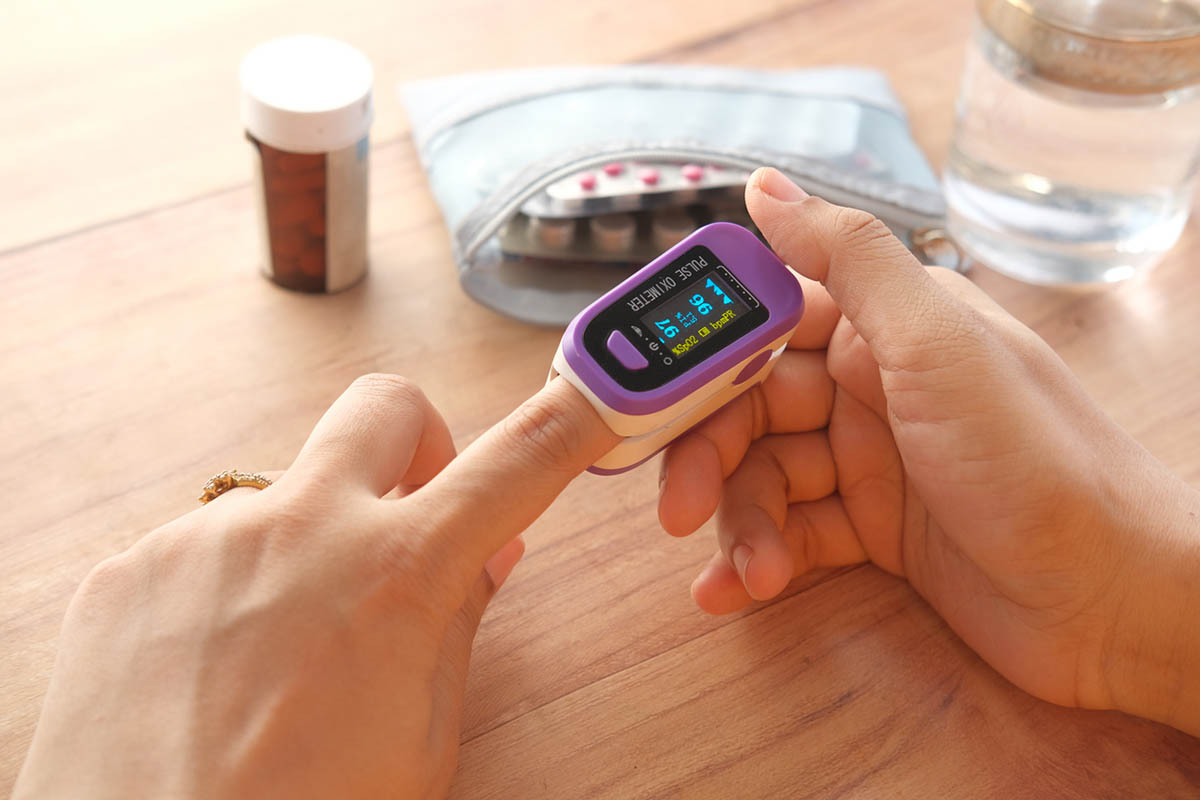Objective: To assess the efficacy of duloxetine 60-120 mg once daily in the prevention of depressive recurrence in outpatients with recurrent major depressive disorder (MDD).
Method: Eligible patients with at least 3 episodes of MDD (DSM-IV diagnosis) in the past 5 years received open-label duloxetine 60-120 mg/day for up to 34 weeks. Patients meeting response criteria were then randomly assigned to either duloxetine or placebo for up to 52 weeks of double-blind maintenance treatment. The primary outcome measure was time to recurrence of a major depressive episode. Safety and tolerability were assessed via analysis of treatment-emergent adverse events (TEAEs), vital signs, weight, and laboratory measures. Patients were recruited from 43 study centers in 5 European countries (France, Germany, Italy, Russia, and Sweden) and the United States. The study was conducted from March 2005 to January 2008.
Results: A total of 288 patients were randomly assigned to duloxetine or placebo. Time to a depressive recurrence was significantly longer in duloxetine-treated patients compared with placebo-treated patients (p < .001). During the double-blind maintenance phase, 33.1% of placebo-treated patients experienced a depressive recurrence compared with 14.4% of duloxetine-treated patients (p < .001). There were no significant differences between treatment groups in TEAEs, discontinuations due to adverse events, vital signs, or weight.
Conclusion: Treatment with duloxetine was associated with a longer time to depressive recurrence and a significantly lower recurrence rate compared with placebo.
Trial Registration: clinicaltrials.gov Identifier: NCT00105989
Author Affiliations

Enjoy free PDF downloads as part of your membership!
Save
Cite



